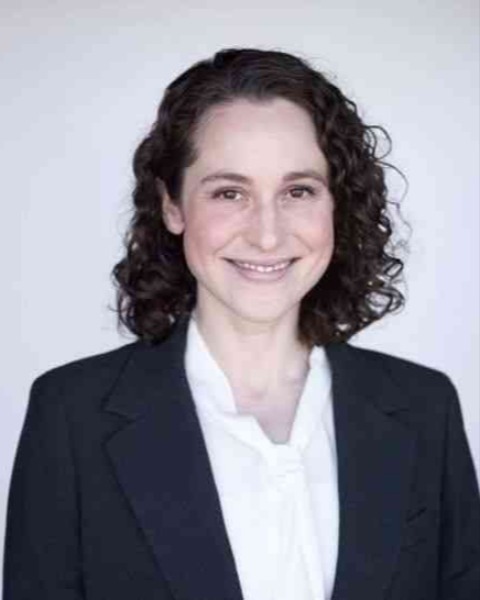Category: Clinical Obstetrics
Poster Session III
(686) Cognitive and developmental outcomes in neonates surviving fetomaternal hemorrhage in a large integrated healthcare system
To describe outcomes of liveborn neonates surviving fetomaternal hemorrhage (FMH), during birth hospitalization and long term developmental and cognitive outcomes compared to neonates not exposed to FMH.
Study Design:
Retrospective cohort study of neonates surviving clinically significant FMH, defined by a maternal flow cytometry for fetal hemoglobin result > 0.10% and neonatal transfusion requirement, in Kaiser Permanente Northern California from 2008-2018. We identified up to two unexposed infants without history of FMH for each exposed FMH case, matched by gestational age at delivery (+ 1 week), birth year (exact), sex (exact), and race/ethnicity (exact). Neonatal acidemia and anemia were examined with variables including cord gas, neonatal blood gas, initial neonatal hemoglobin/hematocrit, and volume of blood transfusion (ml/kg). Long term outcomes included diagnoses of developmental delay or cognitive impairment, identified using ICD-9 and ICD-10 codes.
Results:
Of 340 total cases of FMH within the study period, 260 neonates survived. Of these, 57 neonates required transfusion during birth hospitalization. Baseline characteristics were similar between cohorts, shown in Table 1. Outcomes during birth hospitalization for neonates affected by FMH are shown in Table 2. Neonatal demise occurred in four cases following FMH. Among neonates surviving the birth hospitalization, diagnoses of developmental delay were identified at a similar rate in the FMH cohort and among the unexposed cohort (26.4% vs 24.6%, p=0.82). Among the preterm population, no significant difference was seen in developmental outcomes between those exposed to FMH and those not (37% vs 31.6%, p=0.65). The rates remained similar for full term infants between cohorts, 15.4% in FMH cohort vs 14.8% in unexposed cohort (p=1.0).
Conclusion:
There was no statistically significant difference in the rate of diagnosis of developmental or cognitive delay for neonates surviving FMH requiring transfusion compared to those unexposed. This information can inform counseling on long term outcomes for affected neonates.

Bria L. Pettway, MD (she/her/hers)
Resident Physician
Kaiser Permanente Oakland Medical Center
Oakland, California, United States- YH
Yun-Yi Hung, PhD
Division of Research, Kaiser Permanente Northern California
Oakland, California, United States 
Marie Boller, MD
Fellow Physician
Kaiser Permanente Oakland
Oakland, California, United States- TO
Ticara Onyewuenyi, MD
Kaiser Permanente Northern California
Oakland, California, United States - MW
Miranda Weintraub, MPH, PhD
Kaiser Permanente - Oakland, Graduate Medical Education
Oakland, California, United States - MK
Michael Kuzniewicz, MD, MPH
Kaiser Permanente Northern California
Oakland, California, United States - AR
Anne Regenstein, MD
Kaiser Permanente Oakland Medical Center
San Francisco, California, United States

.png)
